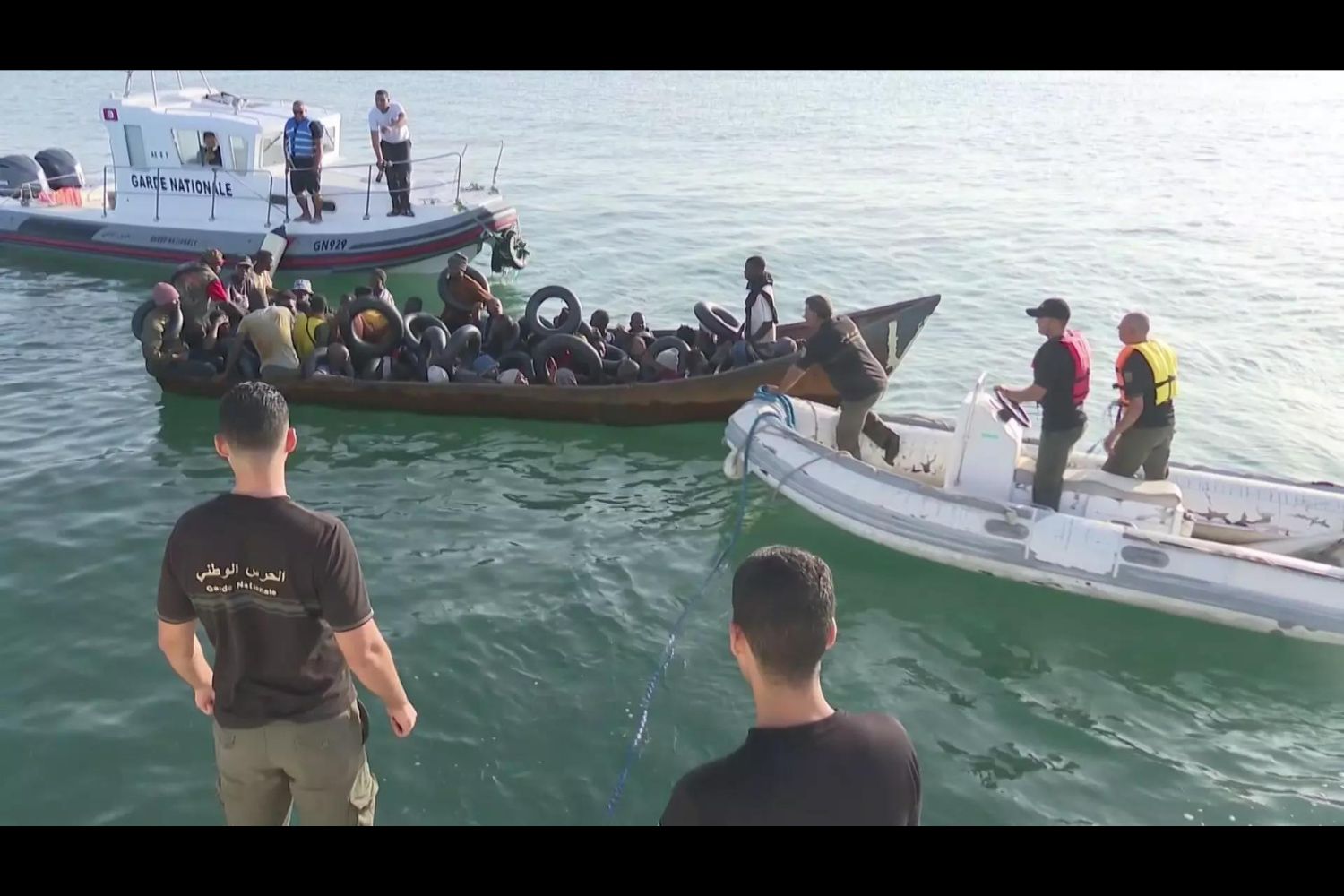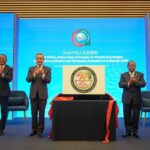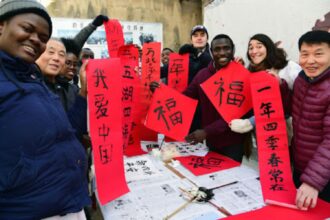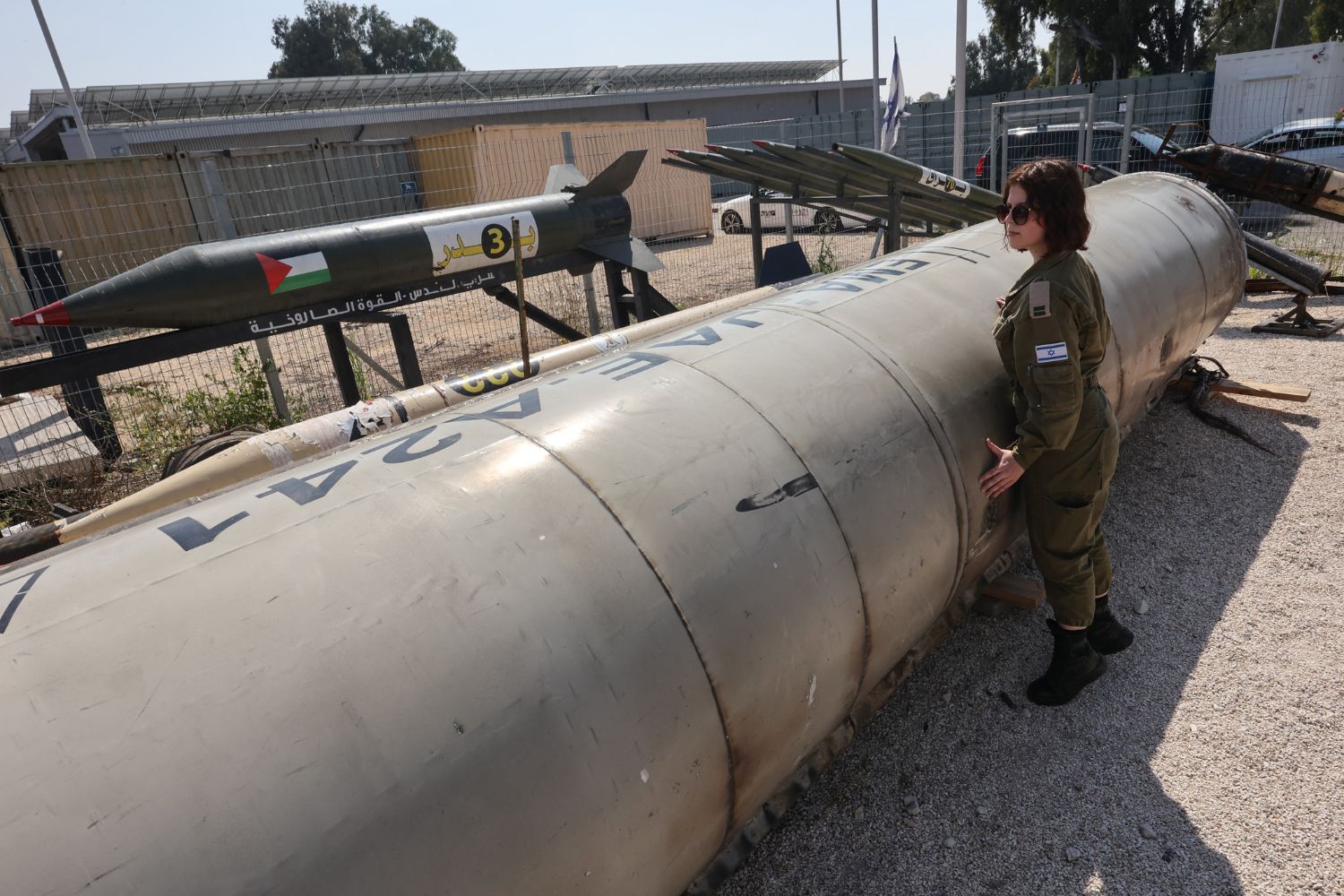The Tunisian National Guard announced the dismantling of a human trafficking network responsible for smuggling African migrants into Italy.
The authorities detained six Sub-Saharan African nationals, and a substantial amount of cash was seized during the operation.
The suspects are accused of facilitating the passage of individuals from various African countries into Tunisian territory through land borders.
Subsequently, they transported and provided shelter for these migrants, enabling illegal immigration attempts into Italy.
CGTN’s Adnen Chaouachi filed this story.
WATCH: Tunisia’s National Guard dismantles trafficking network
ALSO READ: January is human trafficking prevention month in the US, Here’s what you need to know
Adel Dhiaf, President of the Parliamentary Commission on Security and Defense, emphasised that the arrest of these individuals led to the discovery and dismantling of an international human trafficking network.
He expressed concern about irregular migration becoming a potential destabilising factor for the entire region.
According to the UN High Commissioner for Refugees, Italy received over 56,000 migrants in 2023, with approximately 27,000 arriving through Tunisia.
Despite Tunisia’s efforts to curb the phenomenon, it remains a significant departure point for undocumented migrants.
Dhiaf highlighted the organised nature of human trafficking networks, spanning across Africa, with migrants embarking on a risky journey from Sub-Saharan African countries, passing through neighbouring Libya and Algeria, and congregating in the city of Sfax, a crucial transit point for those attempting to reach the Italian coast illegally.
ALSO READ: BGTN Deep Dive: human trafficking – the modern day slave trade
At a one-day Italy-Africa summit in Rome, the Italian government unveiled a nearly $6 billion plan to support African development.
Security Analyst Khalil Rekik stressed that while Tunisian authorities have implemented rigorous security measures to address irregular migration, it is now the responsibility of Italy and its European partners to tackle the social and economic aspects.
Rekik emphasised the need for investment in economic development to provide jobs and stability for migrants seeking a better life.
Tunisian President Kais Saied, speaking at the Africa-Italy Summit, stressed the necessity of eliminating the root causes of irregular migration through a collective solution.
Saied underscored that the solution should not be individual or solely based on security measures.
He pointed out that criminal organisations are behind human and organ trafficking, asserting that Tunisians will not allow their country to become a transit or settlement destination for irregular migrants.
As Tunisia addresses the complexities of irregular migration, the dismantling of this trafficking network underscores the challenges faced by the nation and the broader international community in curbing the illicit trade of human lives.
ALSO READ: Iran hangs nine convicted drug traffickers: state media













